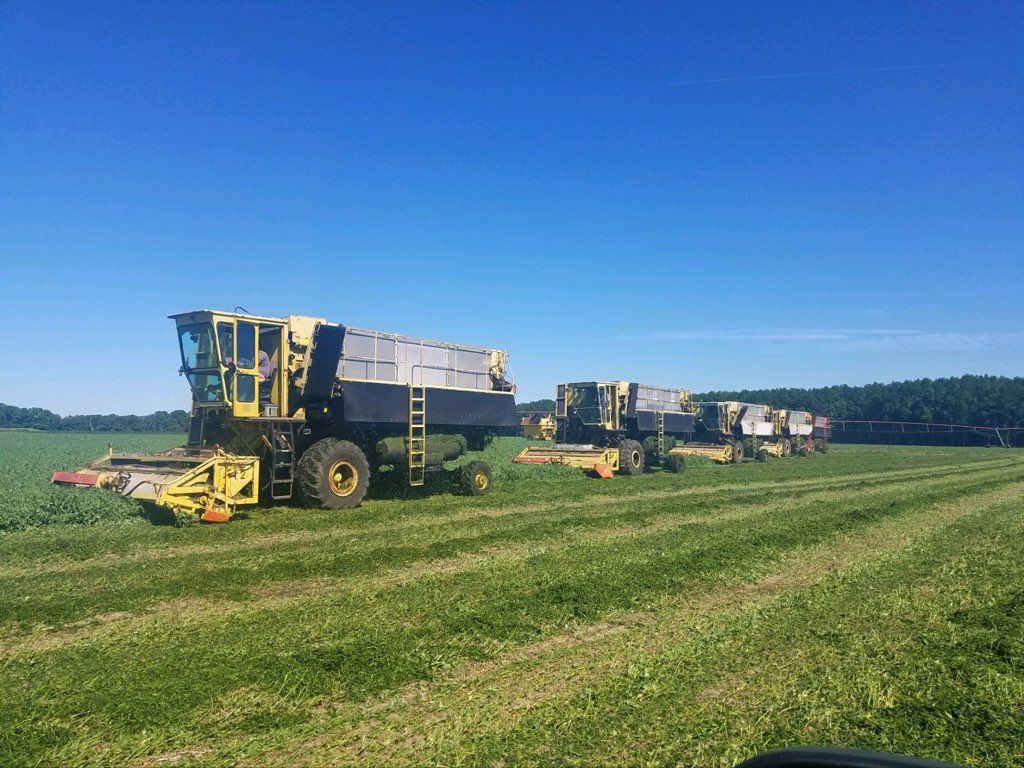
The Delaware Agricultural Museum is one of six organizations in the country selected to participate in a Smithsonian project to develop a unique humanities-based exhibition on FOOD. The exhibition examines how culture, ethnicity, class, landscape and tradition have influenced the foods enjoyed in our country. The project presents a hands-on opportunity to learn about the exhibition development process used by the Smithsonian’s Museum on Main Street (MoMS) program.

Exhibition content developed by the Smithsonian provides a broad, national, context:
“The food on the American table may not define exactly what we are as a nation, but the traditions surrounding our foods speak volumes about who we are. Rooted in centuries of borrowing and sharing, food traditions are staggeringly diverse and constantly evolving. The intersection of cultures in America is perhaps the most important factor in the mix that is America’s food.”
Smithsonian Museum on Main Street (MoMS)
Exhibition content developed by the Delaware Agricultural Museum provides local context and reflects the state's rich history and culture.
In Delaware, life sustaining agriculture began in its earliest settlements of the 17th century and has continued to its present-day reputation as the little agricultural engine that helps feed the nation and world. Through innovation and dynamic technological advances from preservation to transportation to marketing, Delaware’s fertile land and varied transportation conduits have been used to grow and move food crops. This incredible story began with the peach industry (think
March Madness!) and continues today with the processed and fresh fruit and vegetable market in the state.


Slide title
Write your caption hereButton
Slide title
Write your caption hereButton
Slide title
Write your caption hereButton
Slide title
Write your caption hereButton
Slide title
Write your caption hereButton
Slide title
Write your caption hereButton
Slide title
Write your caption hereButton
Slide title
Write your caption hereButton
Slide title
Write your caption hereButtonSlide title
Write your caption hereButton
Slide title
Write your caption hereButton
Slide title
Write your caption hereButton
Slide title
Write your caption hereButton
Slide title
Write your caption hereButton
Slide title
Write your caption hereButton
Slide title
Write your caption hereButton
Slide title
Write your caption hereButton
Slide title
Write your caption hereButton
Slide title
Write your caption hereButton
Slide title
Write your caption hereButton
Slide title
Write your caption hereButton
Slide title
Write your caption hereButton
Slide title
Write your caption hereButton
Slide title
Write your caption hereButton
MoMS is a partnership of the Smithsonian Institution Traveling Exhibition Service (SITES) and state humanities councils. It was created to serve museums, libraries and historical societies in rural areas, where about one-fifth of all Americans live. The partnership brings exhibitions, educational resources and programming to small towns across America. MoMS has visited all 50 U.S. states as well as Guam and inspired some 1,800 towns to rediscover their local histories while finding a renewed sense of community pride. Visit online at
museumonmainstreet.org.

SITES has been sharing the wealth of Smithsonian collections and research programs with millions of people outside Washington, D.C., for more than 65 years. SITES connects Americans to their shared cultural heritage through a wide range of exhibitions about art, science and history, which are shown wherever people live, work and play. For more information, including exhibition descriptions and tour schedules, visit sites.si.edu.